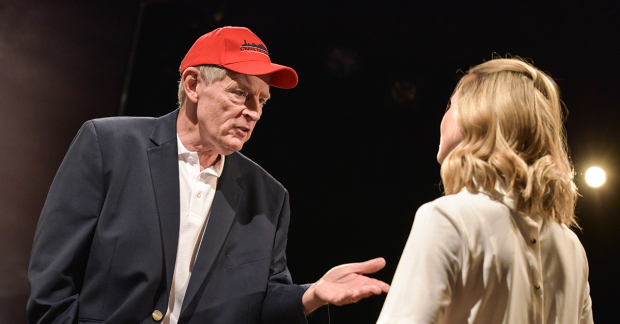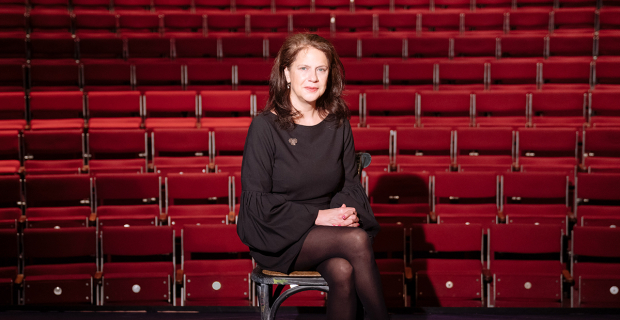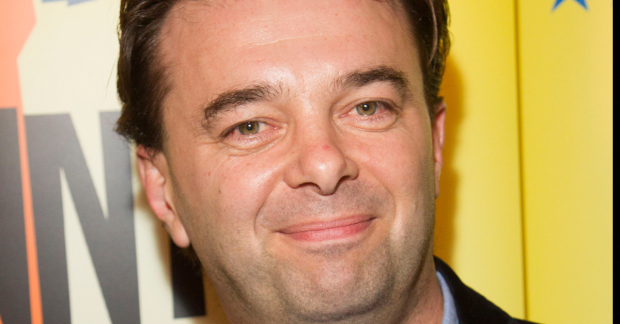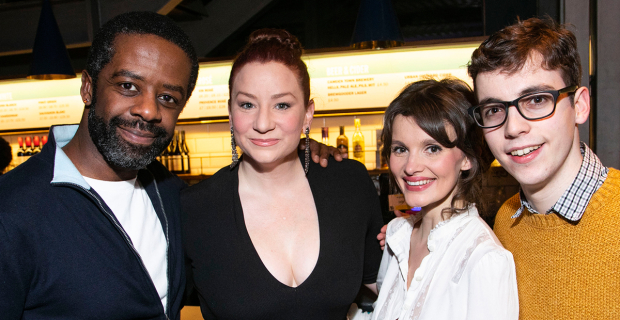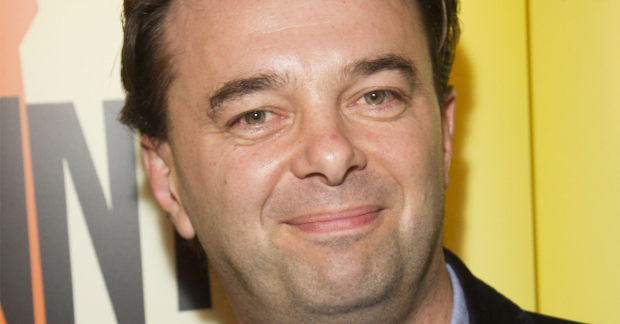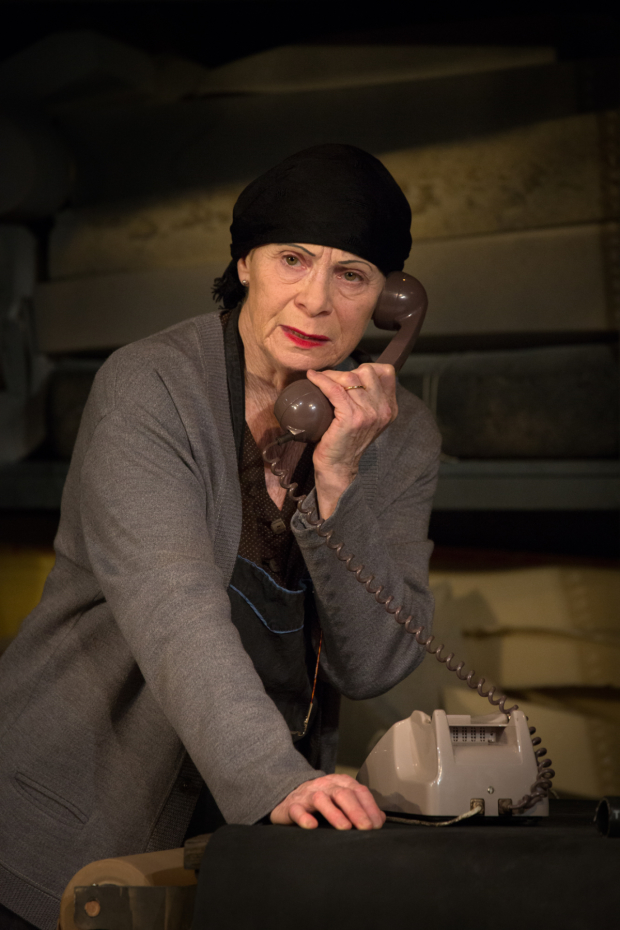Review: Jude (Hampstead Theatre)
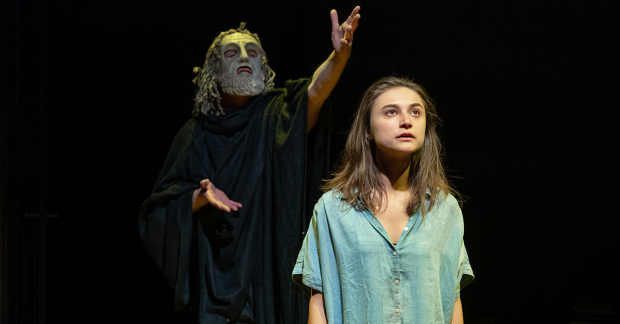
© Marc Brenner
Jude is turned into Judith, a Syrian refugee girl, in Howard Brenton's studious reimagining of a novel by Thomas Hardy. Performing the title role is an impassioned Isabella Nefar, who invokes the Greek tragedians in a pessimistic tale about the many injustices of contemporary Britain. Meanwhile, Edward Hall takes the reins for one last time in his role as the Hampstead Theatre's artistic director.
Self-assured yet scarred, Judith works as a cleaner in a small town and weds a clumsy local pork farmer. But like Hardy's Jude, she aspires to become a classics scholar at Oxford. This much ambition was drilled in to her by her father; killed before he could escape the Middle East himself. It'll be no cosy tale of fulfilled aspiration, though, as anyone who's braved Hardy's own messy story will expect.
Visions of Euripides (Paul Brennen) appear to Judith in the night – but while her dreams are full of soaring poetry, her actual reality is pretty savage. Both Jude the Obscure and Jude the modern play have characters thwarted by repressive social institutions. While the life of Hardy's Jude is derailed by Victorian moralism and fear of the church, Brenton uses Judith to issue broadsides at targets as diverse as Home Office immigration policy, or tokenism within the higher education system.
Part of Judith's downfall is her cousin Mark, who too has made it over from Syria. His character leads the story down a tangent about extremism. He's deemed dangerous by the authorities – and Judith too, by association. The situation sketched out is depressingly believable. But we were less sold on the romance between the two – a sort of carry-over from Hardy. Setting aside what you think about cousin-couples, it just doesn't feel like Judith is in love with anything other than her own aspirations.
Ultimately Mark ends up with a megaphone and sandwich board trying to be a good Christian. Here and elsewhere, there's a little unexpected comedy which is an almighty relief from the play's academic moments. In one such passage, the merits of something a critic once wrote about Homer are thoroughly gotten into. Afterwards: "I need another drink!" exclaims Deirdre (Caroline Loncq), a charismatic, Mary Beard-esque Oxford don who's seen trying to blag Judith a place at her college.
Another grotesque laugh arises from the killing of a pig, of all things. In a lurid nod to one of Hardy's most graphic scenes, Judith dunks a bucket of the slain animal's blood over her head while loud oinks blare out from somewhere. In comes her husband to protest that he'd been planning to turn the stuff into black pudding.
It's a little odd that it should be the gags that stand out. Nonetheless, Jude benefits from Nefar's confident performance – and it even suggests a new way of looking at the refugee crisis.



